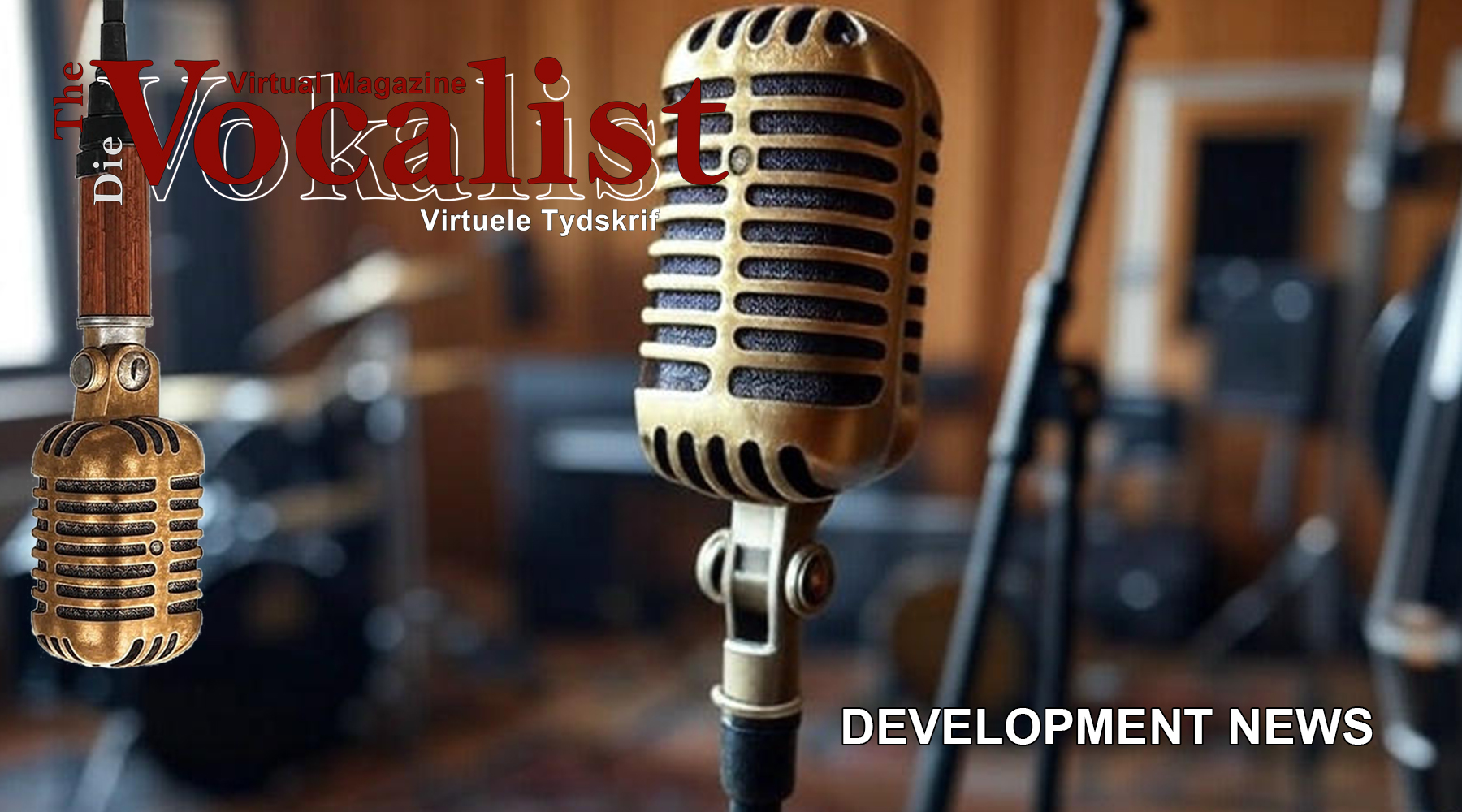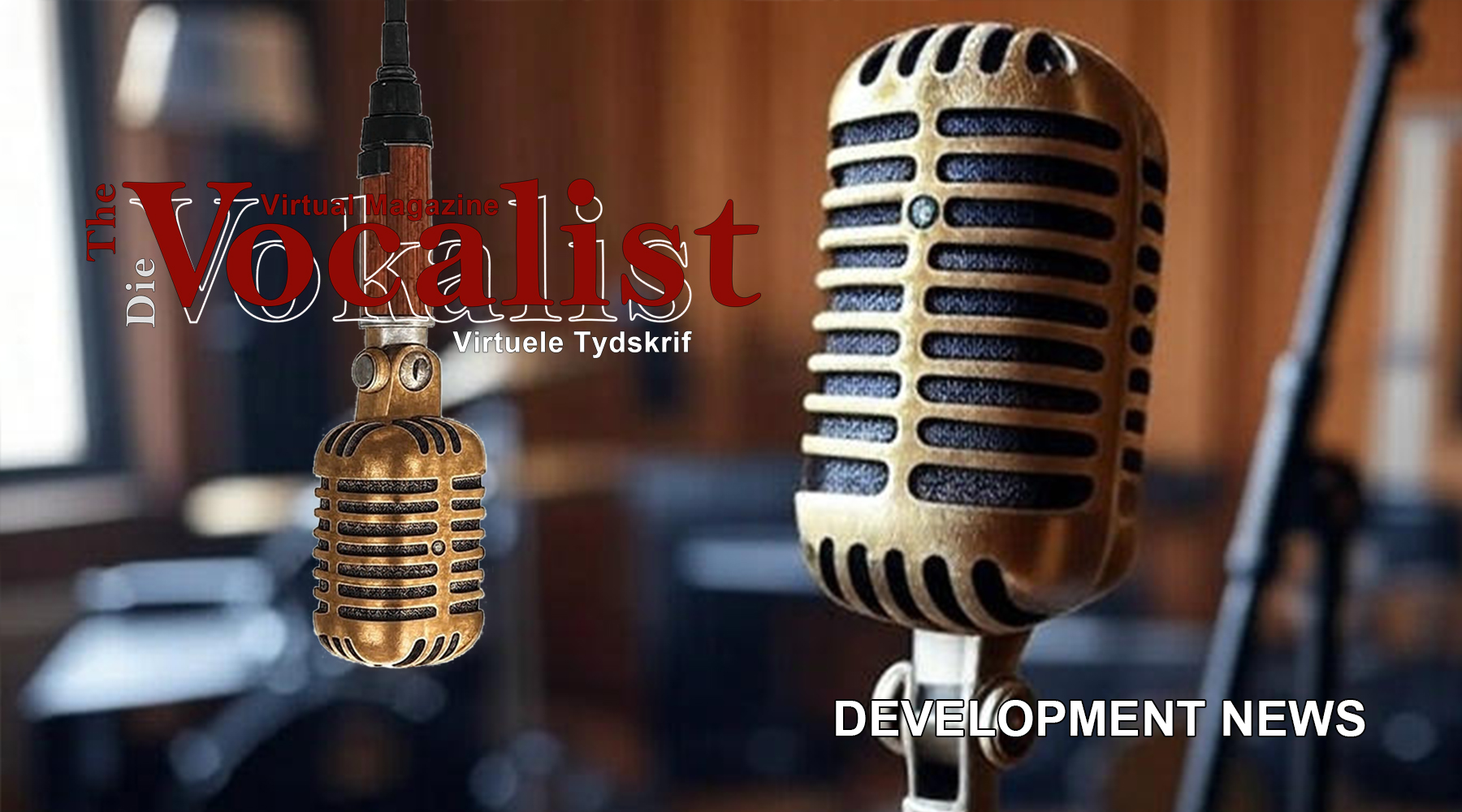South Africa’s vibrant music scene, renowned for its rich diversity and cultural significance, has long been a breeding ground for exceptional talent. Yet, for many emerging musicians, the path to success is fraught with obstacles—limited funding, inadequate training, and a lack of industry connections. On July 27, 2025, the South African government took a bold step to address these challenges with the launch of the Music Development Program, an ambitious initiative designed to nurture the country’s next generation of musical stars. Backed by a R50 million budget for its inaugural year, this program promises to reshape the landscape of musician development in South Africa.
A New Era for South African Music
The Music Development Program, introduced by the Department of Arts and Culture, arrives at a pivotal moment. South Africa’s music industry has gained global recognition through genres like Amapiano, Gqom, and Afro-pop, yet many aspiring artists struggle to break through due to systemic barriers. This initiative aims to bridge that gap by offering a multifaceted support system that includes financial grants, educational opportunities, and professional mentorship. It’s a holistic approach that not only empowers individual musicians but also seeks to strengthen the broader music ecosystem.
The program’s launch has sparked excitement across the industry, with stakeholders hailing it as a transformative move. By investing in talent development, the government hopes to sustain South Africa’s reputation as a musical powerhouse while fostering economic growth through the creative sector. With applications set to open in August 2025, musicians nationwide are gearing up to seize this unprecedented opportunity.
Breaking Down the Program’s Core Offerings
At the heart of the Music Development Program is a commitment to accessibility and inclusivity. Its offerings are tailored to meet the diverse needs of South Africa’s emerging musicians, ensuring that talent, not circumstance, determines success. Here’s a closer look at its key components:
Financial Support Through Grants
One of the program’s standout features is its provision of grants for music projects. These funds can be used for a variety of purposes—recording albums, producing music videos, or staging live performances. For many artists, this financial lifeline could mean the difference between a dream deferred and a career launched. The grants are designed to be flexible, allowing musicians to allocate resources where they’re needed most.
Scholarships for Music Education
Education is another cornerstone of the initiative. Scholarships will be awarded to promising music students, enabling them to pursue formal training at accredited institutions. Whether it’s mastering an instrument, studying music theory, or exploring sound engineering, these scholarships aim to equip young musicians with the technical skills required to compete in a fast-evolving industry.
Workshops on Business and Marketing
Beyond artistic development, the program recognizes the importance of practical know-how. A series of workshops will cover essential topics such as music business management, digital marketing, and intellectual property rights. These sessions will empower artists to navigate contracts, monetize their work, and build sustainable careers in an increasingly digital world. For many, this knowledge will be as valuable as the funding itself.
A Focus on Diversity and Inclusion
Perhaps the most forward-thinking aspect of the Music Development Program is its emphasis on diversity. Special initiatives will target underrepresented groups—women, individuals with disabilities, and artists from rural communities—ensuring that the program reflects South Africa’s multicultural fabric. By amplifying marginalized voices, the initiative aims to enrich the nation’s musical output and challenge long-standing inequities.
Voices of Support
The program has garnered praise from influential figures across the music and government spheres. The Minister of Arts and Culture, Nathi Mthethwa, described it as “a landmark investment in South Africa’s creative future.” He emphasized that the initiative aligns with broader national goals of job creation and cultural preservation, noting, “Our musicians are not just artists—they’re ambassadors of our heritage and drivers of our economy.”
Industry leaders have echoed this sentiment. The CEO of the South African Music Rights Organization (SAMRO), Mark Rosin, called the program “a catalyst for change.” He highlighted its potential to foster a more professionalized industry, stating, “By giving musicians the tools to succeed, we’re building a foundation for long-term growth.” Such endorsements underscore the widespread belief that this initiative could mark a turning point for South African music.
The Bigger Picture: Impact and Implications
The Music Development Program is more than a funding scheme—it’s a vision for the future. Its potential ripple effects are vast, touching everything from individual livelihoods to South Africa’s global cultural standing.
Empowering Emerging Talent
For aspiring musicians, the program offers a rare chance to turn passion into profession. Access to funding and training could unlock opportunities that were previously out of reach, allowing artists to produce high-quality work and gain exposure. This support is especially critical in an era where independent artists must compete with major labels and streaming giants.
Strengthening the Music Ecosystem
The initiative’s benefits extend beyond individual artists. By fostering a more skilled and diverse talent pool, it could elevate the overall quality of South African music. Record labels, promoters, and venues may find themselves working with a new wave of polished professionals, driving innovation and collaboration across the sector.
Boosting Economic and Cultural Growth
Music is a significant contributor to South Africa’s economy, generating revenue through live events, royalties, and tourism. The Music Development Program could amplify this impact by creating jobs—sound engineers, marketers, event planners—and boosting the export of South African music to international markets. Culturally, it reinforces the nation’s identity as a creative leader, preserving traditions while embracing modern influences.
Addressing Long-Standing Challenges
The program also tackles persistent issues like piracy and unequal access to resources. Through its business workshops, artists will learn how to protect their work and leverage digital platforms effectively. Meanwhile, the focus on rural and underrepresented artists addresses geographic and social disparities, ensuring that talent isn’t confined to urban hubs like Johannesburg or Cape Town.
Looking Ahead
As the Music Development Program prepares to roll out, anticipation is building. Its success will depend on effective implementation—transparent grant processes, accessible workshops, and measurable outcomes. The Department of Arts and Culture has pledged to monitor progress closely, with plans to expand the program if it meets its goals.
For South Africa’s musicians, this could be the start of a golden era. The initiative promises not just support, but empowerment—a chance to shape their own destinies and contribute to a thriving, inclusive music industry. As the world watches, South Africa is poised to prove that with the right resources, its musical talent knows no bounds.
Discover more from Vocalist
Subscribe to get the latest posts sent to your email.




